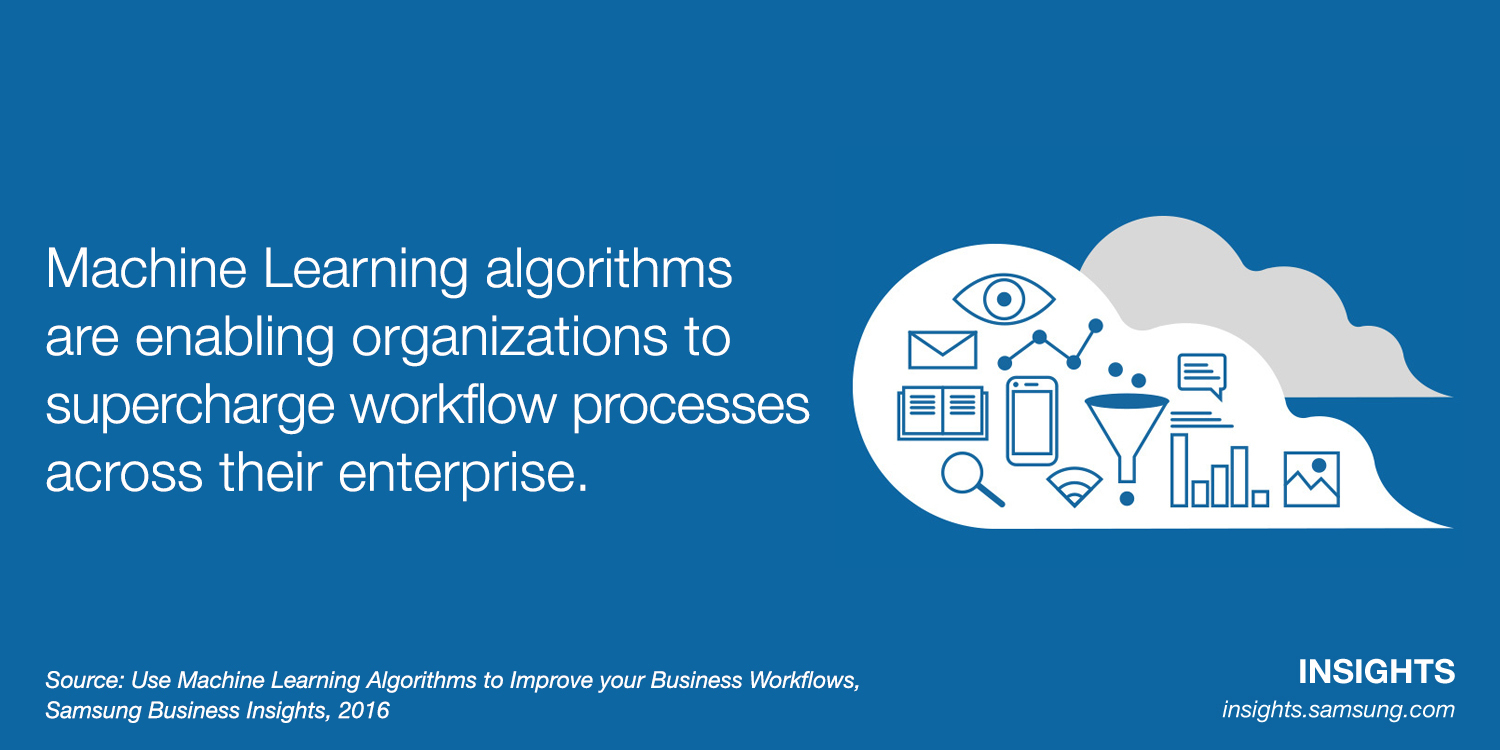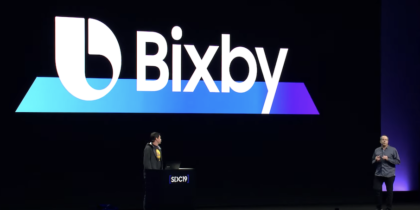Machine learning algorithms are enabling organizations to supercharge workflow processes across their enterprises. They center around technology that has the ability to learn without being explicitly programmed: machines that can study their mistakes and reprogram themselves to improve their performance over time. Lots of big names are investing R&D dollars into machine learning. Here are some ways it can help improve business operations.
Workflow Processes
A workflow process is the backbone of just about every common business activity, whether it centers around finance, inventory or another back-office task. These processes started with paper, migrated to email and have now found their way to the cloud. And once the cloud came into play, the stage was set for machine learning to augment workflows across businesses.
Machine learning algorithms are fundamental to digital transformation because they provide the technology needed to tap all that corporate data you’ve been saving across your enterprise for years, analyzing it for deeper insights you can then apply to decision-making. Data-based insights let you streamline both customer-facing and back-end business operations by eliminating guesswork. For example, when you apply machine learning algorithms to a sales workflow process, the technology is constantly learning from its mistakes and reprogramming itself to improve performance. This can give your sales teams an edge in capturing the next deal through better targeting of both prospective and current customers.

AI solutions are on the rise across industries.
Learn how AI solutions are increasing efficiencies and boosting productivity in the enterprise. Download Now
Productivity Software
Machine learning algorithms are also making their way into cloud-based productivity platforms. The latest release of G Suite (formerly known as Google Apps for Work) touts machine learning features that augment traditional spreadsheet and calendar-management functions.
The next generation of productivity software and machine learning might also include more intelligent document creation tools and processes. For example, an author could get input from a bot or other tool to help pull in corporate data and other content that’s appropriate for the document in creation.
There’s also the prospect of machine learning that complements traditional customer relationship management and collaboration platforms, helping users better capture and interact with customer data and internal content and saving them the time of searching for content across platforms. You can expect to see machine learning help the productivity software itself more intelligently handle content and customer data. For example, in a cloud collaboration platform that includes machine learning, employees could see a list of documents related to those they commonly access, or even documents related to their job roles. You can even expect to see a chatbot functionality in collaboration platforms, offering self-service HR and IT roles, along with reminders about such tasks as submitting employee time sheets before the weekly deadline.
Customer Service
Cost-effective and reliable customer service remains a challenge across many industries. Placing machine learning algorithms into the customer service technology stack allows for a renewed possibility for innovation in your internal service desks and external customer support operations.
When you think about it, customer service is a multichannel workflow that includes both online and voice communication. Applying machine learning to customer service enables organizations to offer a layer of proactive self-help tools that can provide customers with options to resolve their issues without having to call into the actual customer service department. Typically, chatbots and similar virtual systems offer customers online support without the need for speaking to a human, GetVoIP explains.
Machine Learning in the Enterprise
With big-name vendors and open-source projects lining up behind machine learning, you can expect to see the technology powering more than one workflow process inside your own enterprise soon.
Interested in maximizing productivity in your organization? Check out our full line of enterprise mobility solutions here.








